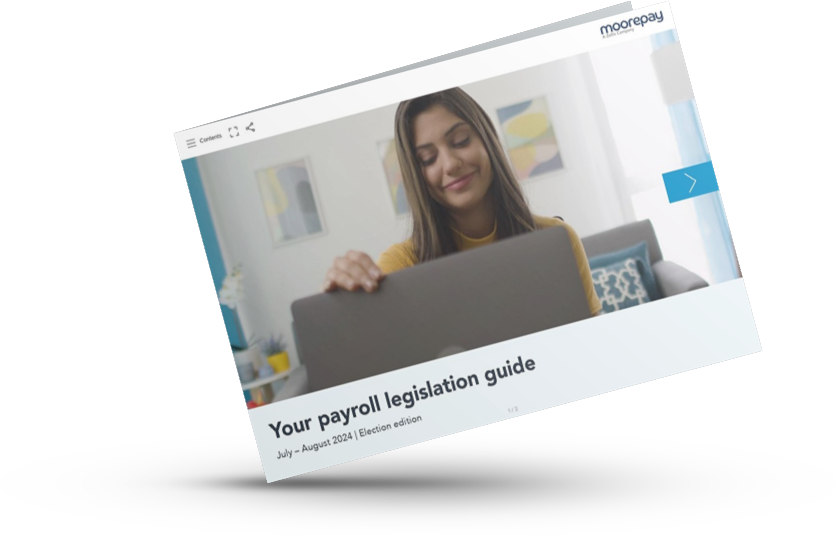Legislation
The move to Payrolling Benefits
Date
Ongoing requirement
Summary
Effective now
Changes are on the horizon as HMRC mandate the payrolling of benefits in kind from April 2026.
This shift means reporting and paying Income Tax and Class 1A National Insurance contributions in real-time through payroll software and the end to P11Ds being submitted once a year.
HMRC has been looking to make this mandatory since introducing the patrolling benefits and has been on quite the journey to get to this point. The move to only accepting P11Ds online seems it has been part of the strategy to get employers accustomed to completing this task digitally and is serving as a stepping stone to ensure the change is less drastic.
This change is ultimately likely to be here before we know it, so start preparing now by voluntarily transitioning to payrolling benefits where you can. This will ensure you stay on track for full integration by April 2026, whilst also helping employees get used to the new real-time reporting and pay process.
HMRC has been working with stakeholders in the industry and reached out to the software developers to gain feedback. They will be looking to pull together this feedback and the results to produce the guidance needed well ahead of payrolling benefits becoming mandatory in 2026.
Update June 2024:
A recent update from HMRC has highlighted the future of the P11D form. It has been announced that as of April 2026, the payrolling of benefits will transition from optional to mandatory.
Currently, employers can choose between submitting a P11D form for the purpose of reporting employee benefits for taxation or adopting the streamlined approach of payrolling benefits, ensuring real-time tax calculations through PAYE.
It’s worth noting that, under the existing system, all benefits can be included in the payrolling process, except for specific instances such as employer-provided living accommodation and interest-free or low-interest (beneficial) loans. However, it’s yet to be clarified how these will be handled with the announced changes.
Even with the adoption of payrolling benefits, the obligatory submission of the P11D(b) form remains intact for reporting the liability of Class 1A National Insurance contributions (NICs). With the change from HMRC the reporting and remittance of Class 1A NICs will also look to be processed through payroll software.
For comprehensive insights into the current procedures, the HMRC website serves as a reliable resource for what is currently needed. This change will show the future benefits processing more clearly, and the skills of payroll professionals will be important for the seamless implementation of these changes.

Payroll Legislation Guide
July – August 2024 | Election edition Do you know the dates of all the complex payroll legislation changes? Are you aware of what you need to do to ensure your business…

